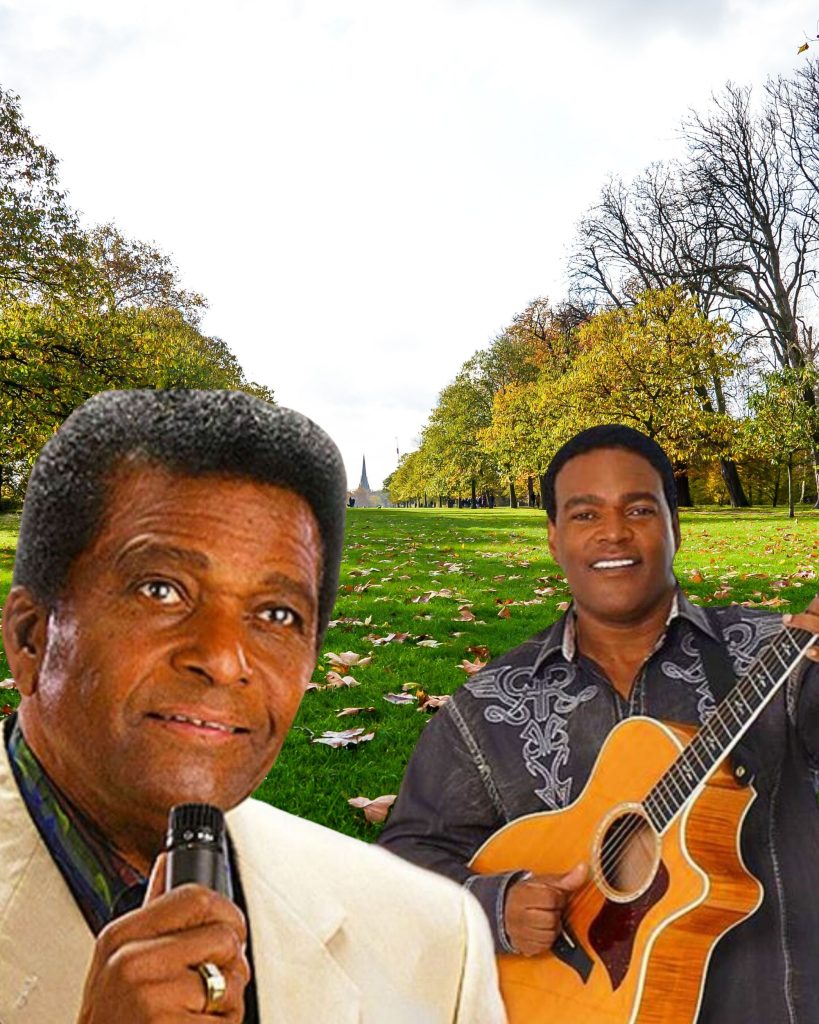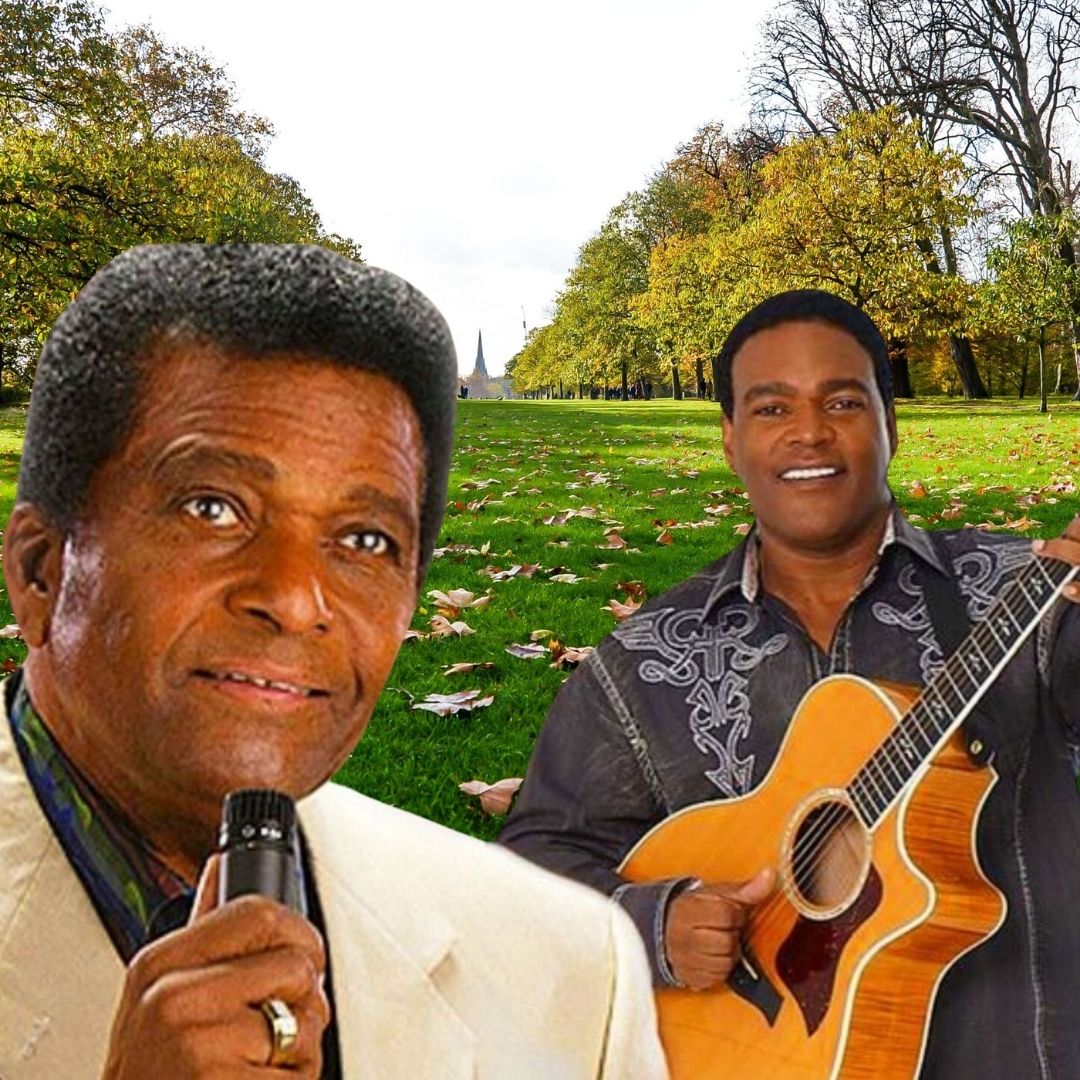
Introduction
When “She’s Too Good to Be True” by Charley Pride first graced the airwaves in 1972, it resonated deeply with listeners who knew the feeling of finding a love that seemed almost unbelievable. The song’s heartfelt lyrics and smooth melody captured the essence of gratitude and wonder, hallmark traits of classic country music that continue to touch hearts today.
About The Composition
- Title: “She’s Too Good to Be True”
- Composer: Johnny Duncan
- Premiere Date: April 1972
- Album: A Sunshine Day with Charley Pride
- Genre: Country
Background
“She’s Too Good to Be True” was penned by songwriter Johnny Duncan and brought to life by the rich vocals of Charley Pride. Released as the lead single from the album A Sunshine Day with Charley Pride, the song quickly climbed to the number one spot on the U.S. country charts, marking Pride’s ninth chart-topping single.
The early 1970s were a pivotal time in country music, with artists delving into more personal and emotionally resonant themes. Pride, one of the few African-American stars in the genre, stood out not only for his exceptional talent but also for breaking racial barriers in country music. The song was warmly received by both critics and fans, praised for its sincerity and the depth of emotion conveyed through Pride’s performance.
Musical Style
“She’s Too Good to Be True” embodies the classic country sound of its era. The song features traditional instrumentation, including acoustic guitars, gentle percussion, and steel guitar accents that add a layer of melancholy sweetness. Pride’s smooth baritone voice delivers the melody with a tender sincerity, drawing listeners into the song’s intimate narrative. The straightforward arrangement allows the emotional weight of the lyrics to shine, creating a relatable and enduring piece.
Lyrics
The song tells the story of a man who feels overwhelmingly fortunate to have found a woman who exceeds his every expectation. Themes of disbelief and profound gratitude weave through the lyrics, capturing the universal feeling of wondering how such a perfect love could be real. Lines like “She’s too good to be true, but she is” highlight the blend of awe and joy that defines the song, while the music underscores these sentiments with a warm and gentle accompaniment.
Performance History
Over the years, “She’s Too Good to Be True” has remained a beloved staple in Charley Pride’s repertoire. The song’s success cemented Pride’s status as a leading figure in country music and showcased his ability to convey deep emotion through his music. Notable performances include appearances on country music television programs and live concerts, where the song often elicited enthusiastic responses from audiences who connected with its heartfelt message.
Cultural Impact
The song’s impact extends beyond its initial chart success. It has influenced numerous artists within the country genre, inspiring them to explore themes of gratitude and vulnerability in their own work. “She’s Too Good to Be True” has also found its way into other media, occasionally featured in film and television soundtracks that seek to evoke the authenticity and emotional depth of classic country music.
Legacy
“She’s Too Good to Be True” endures as a testament to Charley Pride’s significant contributions to country music. The song continues to find new listeners, its themes as relevant today as they were decades ago. Pride’s pioneering role and his ability to touch audiences with songs like this have left an indelible mark on the genre, paving the way for greater diversity and emotional expression in country music.
Conclusion
“She’s Too Good to Be True” remains a timeless piece that beautifully captures the wonder of finding an extraordinary love. For those who wish to experience the song’s heartfelt sincerity, listening to the original recording on the album A Sunshine Day with Charley Pride is highly recommended. The song not only offers a glimpse into a pivotal moment in country music history but also continues to resonate with anyone who has ever felt that their love is, indeed, too good to be true
Video
Lyrics
[Verse 1]
Sometimes late at night, I wake up dreamin’
I reach and feel for her, she’s too good to be true
Then I touch the sleepin’ softness of my angel
And half-asleep, she turns to whisper, “I love you”
[Chorus]
‘Cause she’s just too good to be true, but she is
And in my arms, she reassures me with a kiss
She’s everything I ever looked for in a woman
She’s just too good to be true, but she is
[Verse 2]
Each day I go to work, it’s like forever
‘Til that evenin’ sun will bring me home again
But then she’s a-waitin’ at the door with her sweet lovin’
And tonight, she’ll be so good to me again
[Chorus]
‘Cause she’s just too good to be true, but she is
And in my arms, she reassures me with a kiss
She’s everything I ever looked for in a woman
She’s just too good to be true, but she is
She’s just too good to be true, but she is
